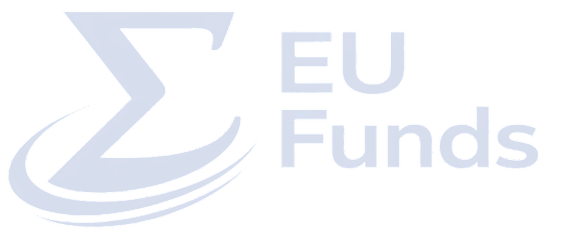Associated Countries to Horizon Europe
Horizon Europe is the EU’s key funding programme for research and innovation. It is open not only to EU Member States but also to a range of associated countries that have signed an agreement with the European Union.
These association agreements allow legal entities (public or private bodies, including international organisations) established in associated countries to participate in Horizon Europe under the same conditions as those from EU Member States — unless specific limitations or conditions are defined in the work programme or call/topic text.
Countries Associated to Horizon Europe
As of 2025, the association agreements with the following countries have started producing legal effects (either through provisional application or full entry into force):
- Albania
- Armenia
- Bosnia and Herzegovina
- Canada (associated to Pillar II “Global Challenges and European Industrial Competitiveness”, including the institutionalised European partnerships, for award procedures implementing the Union budget from 2024 onwards)
- Faroe Islands
- Georgia
- Iceland
- Israel
- Kosovo*
- Moldova
- Montenegro
- New Zealand (associated to Pillar II from Work Programmes 2023 onwards)
- North Macedonia
- Norway
- Republic of Korea (associated to Pillar II for award procedures implementing the Union budget from 2025 onwards)
- Serbia
- Tunisia
- Türkiye
- Ukraine
- United Kingdom (associated to the entire programme except the EIC Fund, for award procedures implementing the Union budget from 2024 onwards)
*This designation is without prejudice to positions on status, and is in line with UNSCR 1244/1999 and the ICJ Opinion on the Kosovo declaration of independence.
More information: List of participating Countries in Horizon Europe
Countries under Transitional Arrangements
Until full association agreements take effect, transitional arrangements may apply as outlined in the relevant Horizon Europe Work Programme. These arrangements currently apply to:
- Egypt – applicable to the entire Programme for award procedures implementing the Union budget from 2025 onwards
- Morocco – applicable to the entire Programme
- Switzerland – applicable to calls under the ERC Work Programme 2024 (for calls opened after 18 March 2024) and to the entire Programme from 2025 onwards
Liechtenstein has confirmed that it does not intend to associate to Horizon Europe.
Participation Conditions and Limitations
While associated countries participate under equivalent conditions to EU Member States, specific restrictions may apply to safeguard the EU’s strategic assets, interests, autonomy, or security.
These restrictions may include:
- Limiting participation in certain actions to entities established only in the EU (or specified non-EU countries).
- Imposing conditions on entities controlled directly or indirectly by an ineligible country.
- Requiring specific places of establishment to meet policy or project objectives.
All such eligibility criteria are clearly defined in the relevant work programme or call documentation.
Eligibility for Funding
In general, to participate in Horizon Europe, organisations must:
- Be legal entities (public or private bodies, including international organisations).
- Be established in one of the eligible countries, namely:
- EU Member States (including overseas countries and territories),
- EEA countries (if opted-in), or
- Associated countries listed above.
However, eligibility rules can vary by call, so applicants must always check the specific call conditions.
All participants — including Beneficiaries, Affiliated Entities, and Associated Partners — must be registered in the Participant Register and validated by the Central Validation Service before grant signature.
Legal Basis
Association to Horizon Europe is governed by Regulation (EU) 2021/695 of the European Parliament and of the Council of 28 April 2021, which establishes Horizon Europe and lays down its rules for participation and dissemination.
Source and Further Information
- EU Grants: List of Participating Countries in Horizon Europe (Version 3.5 – 20 August 2025)
- Horizon Europe Online Manual
- Horizon Europe Regulation 2021/695
Would you like me to make this version more formal (for a policy page) or more reader-friendly (for a general audience blog)? I can adapt the tone and layout accordingly.













